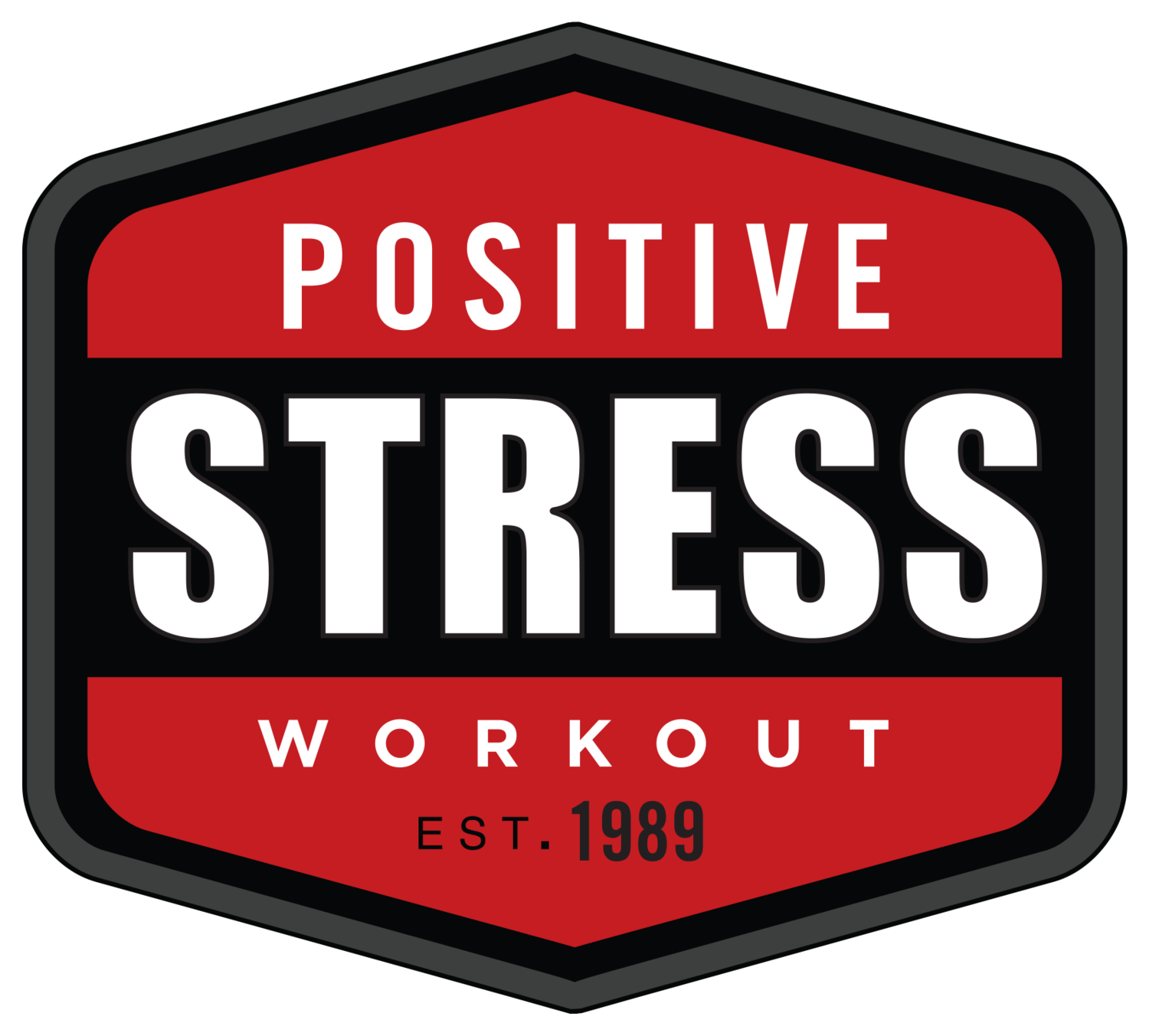Take A Step Back Before Stepping On That Scale
5 Signs Your Scale Is Sabotaging Your Weight-Loss Quest
We need to talk. It’s not you, it’s us. This relationship isn’t working for us anymore. Maybe it’s time we go our separate ways.
Is that a conversation you need to have with your scale? That little machine that often feels like it’s judging you can be your best friend in gauging your progress when you’re trying to lose weight. But guess what: Not only is it not the end-all, be-all for weight loss, it might be working against you. Is it time to break up with your scale? Here are five signs you might need to think about alternate ways to track your weight loss.
1- YOU’RE REACTING TOO EMOTIONALLY TO WHAT YOU SEE
If the number on the scale is making you change your behavior in the immediate term, it’s a sign something isn’t working. In my dietitian practice, I’ve seen clients who react to their weigh-ins by over-restricting what they eat if they’ve gained weight, or overindulging if they’ve lost weight. I call this “yo-yo weight gain,” and it can lead to an overly drastic approach to dieting. Having your eating habits dictated by your scale makes it nearly impossible to be mindful of your food choices. Self-sabotage is a slippery slope, and you need to take a hard look at the habits that make you go to the extremes — otherwise it’s it hard to keep the weight off for good.
2- YOU’RE EXPERIENCING DISORDERED EATING BEHAVIORS
Bingeing, purging, restriction, orthorexia or over-exercise: Irregular eating takes many forms, but if you fall into any of these categories, it’s time to step away from the scale and talk to a professional who can help you find a healthier way to live. If you’re concerned about yourself or a loved one, the National Eating Disorders Association has a good screening tool that can help advise whether you need to talk to a pro. We can all live a healthy life in this weight-conscious world, but building a foundation that involves a plan of action for recovery from disordered eating behaviors is the first order of business.
3- YOU HAVE NEGATIVE THOUGHTS ABOUT YOURSELF
Shame gets real deep, real fast. Self-loathing and blaming yourself for your weight affects more than just your progress — it also erodes your feeling of self-worth and your dignity. Shame isn’t a motivator. If stepping onto the scale makes you have negative thoughts about yourself, it’s a sign you need to ditch it. The number on it doesn’t say anything about your worth or value — it’s just a number, literally.
4- YOU’RE WEIGHING YOURSELF TOO MUCH
If you’ve become obsessive about weighing in first thing in the morning or multiple times per day, that’s a sign the scale’s not doing you any good. Instead of tracking weight, take measurements. Often with healthy eating and exercise, your waistline will shrink even if your weight doesn’t move much. In fact, waist circumference may be a better predictor of health than weight.
5- YOU'RE BUILDING MUSCLE, AND THAT’S MAKING YOU GAIN WEIGHT
If you’re training hard but measuring results by the number you see on the scale — which is in turn making you unhappy — maybe it’s time to reevaluate your metric for success. Strength training and HIIT workouts can boost muscle mass, which means your body composition may be improving. But because the number on the scale is a sum of your whole body — including fat and fat-free mass such as muscle, bones, organs, ligaments, tendons and water — your total body weight doesn’t necessarily provide the full picture. Endurance training can create weight fluctuations as well, thanks to fluid retention and inflammation. If this sounds like you, you might want to focus on your training and pay more attention to how you feel, hitting performance goals, how your clothes fit and eating foods that fuel you.

